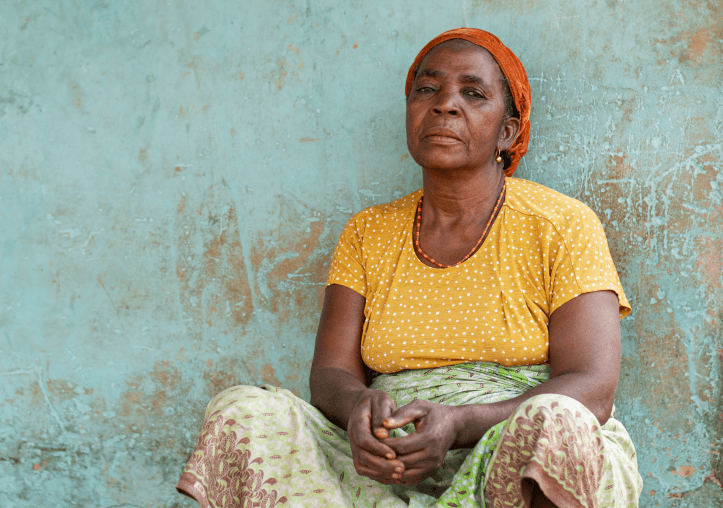
Our History
The Resource Centre for Human Rights and Civic Education (CHRICED) is a Nigerian non-profit, and knowledge-driven platform of active citizens working for the promotion of human rights, rule of law, democracy and accountability. It is registered under the law of Federal Republic of Nigeria.
Rationale for the formation of CHRICED
The transition from military rule to civil rule in Nigeria gave rise to new forms of citizen mobilization and new definitions of citizenship. The pro-democracy movements, in most cases, provided the leverage in achieving the transition to civil rule, and their objective is for the broad section of the population to be heard in the political process. But we are increasingly witnessing the emergence of blocked transition where the popular participation does not exist. There is increasing monopolization of political power by the executive branch to the detriment of legislatives. There is also the acute economic crisis generated by the burden of debts, corruption, and the lack of sustainable development policy. This has resulted in increased misery and mass poverty in the country.
Thus, CHRICED is born out of consideration that:
- Democratic elections without genuine political participation result in a government and legislatures that deny inclusivity. Genuine participation implies a population educated on human rights, the political system (including political parties, electoral procedures, representative institutions), and civic duties.
- Institutions which are not democratic in their functioning inhibit democratic outcomes. In a developing democracy such as Nigeria, there is need to reform the Constitution, the electoral system, and key political institutions such as the legislature and local governments to ensure representative-ness, participation and accountability.
- The rule of law is an essential element of democracy. It is the glue of a democratic system and must be protected by creating civilian control over the military and preserving the independence of the judiciary, among other measures.
- Political parties are the classic vehicle for the articulation of the voices and interests of civil society in the political arena and state institutions. But there’s a huge gap between civil society actors and political parties / state institutions in Nigeria. There is need to reflect on the reasons for that gap and bridge it.
- Political parties should be democratic, representative, inclusive, and open to civil society oversight and alliances. Most parties in Nigeria today are either
(a) representing oligarchies or former power holders,
(b) composed of former radicals that have not adjusted to norms and practices of partisan politics, or
(c) individuals united by their personal interests in seeking power, without coherence, credibility, and innovative political platforms. There is need for internal party reforms and the creation of new well-nuanced parties in Nigeria. - There is need to strengthen the State to ensure the accountability of State leaders, transparency, efficiency and democratic nature of public institutions, laws and policies.
- The conditions for political participation are guaranteed when there is a free press, access to information, freedom of association, and the prevalence of the values of tolerance, equal opportunities and non-discrimination. While the State is responsible for establishing the safeguards, the development of a democratic culture is a process rooted principally in civil society and is part of the claims that are articulated politically by organized actors.
- Citizenship is intimately connected to the nature and level of political participation. The various dimensions of citizenship, i.e., its social, economic, civil and political dimensions, ought to improve through the process of democratic transition and consolidation, but this is not necessarily the case when political participation is blocked and thus limited to few elites. Civil society’s articulation of demands and proposals to develop and enhance the quality of citizenship in relation to the State and political institutions is a key component of democratic development.







